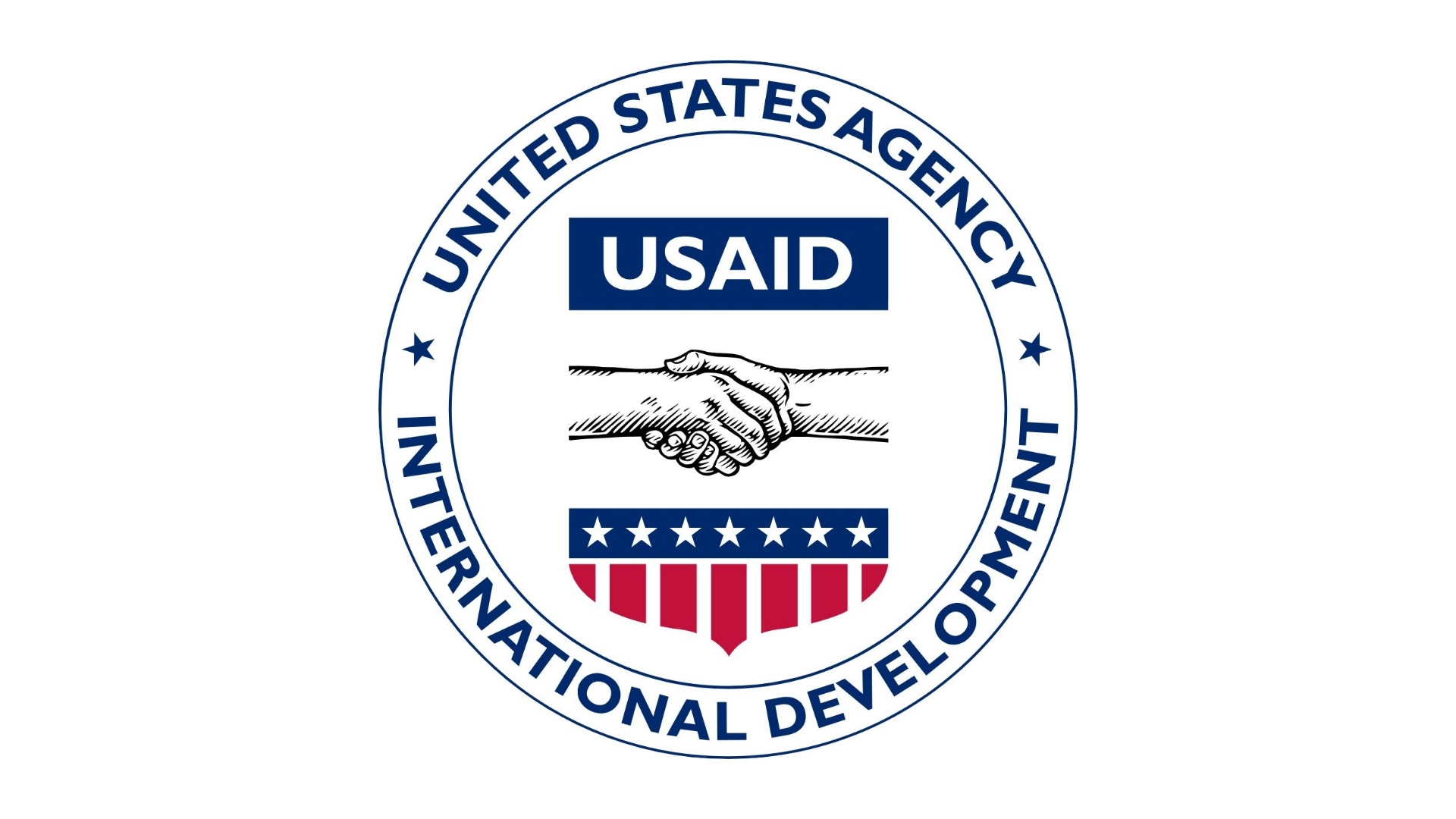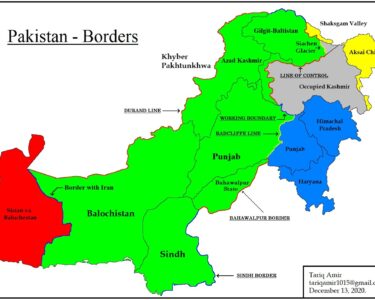Trump administration’s USAID shutdown hits Nigeria’s health and humanitarian sectors hard
Summary
- USAID shut down on July 1, 2025, ending decades of U.S. humanitarian aid, with most programs terminated and others transferred to the State Department
- Nigeria faces major fallout, including halted HIV/AIDS treatment, job losses, and disruptions to health, education, and economic initiatives
- Terrorism funding allegations spark tension, prompting scrutiny of NGOs despite lack of credible evidence
- Experts warn of 14 million global deaths by 2030, with Nigeria among the worst affected by the aid vacuum
Washington, D.C./Abuja, Nigeria – The U.S. Agency for International Development (USAID), once the world’s largest humanitarian aid body, was officially shuttered on July 1, 2025, following a sweeping decision by the Trump administration to cut foreign aid spending.
The closure marks the end of a 64-year legacy and is already causing profound disruptions in countries like Nigeria, where USAID was a key partner in health, development, and humanitarian programmes.
Over 80% of USAID’s global operations were phased out by March 2025, and just 718 staff, less than 6% of its original workforce, remained to oversee the transfer of residual programs to the U.S. State Department. The agency had previously disbursed over $30 billion annually, with major interventions in disease control, food security, education, and governance.
In Nigeria, the consequences have been swift and severe. Between 2022 and 2024, USAID invested roughly $2.8 billion in health initiatives tackling HIV/AIDS, malaria, tuberculosis, and maternal health, while also supporting education, entrepreneurship, and post-conflict recovery in the northeast.
Key efforts included antiretroviral treatment for over 3 million people, humanitarian aid for 3.6 million displaced by Boko Haram, and development initiatives for renewable energy and smallholder farming.
The sudden halt to programs such as PEPFAR (President’s Emergency Plan for AIDS Relief) has resulted in critical medication shortages and at least one reported child’s death following a clinic closure. Nigeria has announced a $1 billion emergency health plan, but this falls short of addressing the estimated $6.5 billion funding gap left by USAID’s exit.
In addition to healthcare disruptions, thousands of Nigerian workers, contractors, and volunteers funded by USAID have lost their jobs. Programs supporting agriculture, education, and innovation, like Development Innovation Ventures and girls’ scholarship schemes, are also in jeopardy. Experts warn that without swift international support, Nigeria may see a resurgence of preventable diseases and worsening malnutrition.
Globally, a Lancet study published on June 30, 2025, predicts 14 million additional deaths by 2030 due to the agency’s closure, including 4.5 million children under five. Nigeria is among the countries expected to suffer the most.
The USAID shutdown was preceded by a 90-day aid freeze in January 2025 and implemented under the oversight of the Department of Government Efficiency (DOGE), led by Elon Musk. U.S. Secretary of State Marco Rubio announced that approximately 1,000 surviving programs would be absorbed into the State Department, but the lack of a comprehensive transition plan has raised concerns about effective delivery.
Political fallout has intensified with unverified allegations by U.S. Congressman Scott Perry, who claimed in February 2025 that USAID had funnelled funds to Boko Haram. No credible evidence has supported this accusation, and both U.S. and Nigerian officials, including human rights lawyer Emmanuel Ogebe, dismissed the claims.
Nevertheless, Nigeria’s House of Representatives launched an investigation into USAID-funded NGOs, requesting records dating back to 2015. Civil society groups and Transparency International Nigeria criticised the probe as an attempt to intimidate nonprofits and shift blame from domestic counterterrorism failures.
Prominent voices, including former U.S. Presidents Barack Obama and George W. Bush, and U2 frontman Bono, have decried the closure. They warned it undermines U.S. global leadership and opens the door for rivals like China to expand influence in Africa and other regions. Former U.S. diplomat Nicholas Burns called the move “a historic mistake.”
In Nigeria, the consequences are already being felt in overstretched hospitals, shuttered nutrition clinics, and suspended education projects. Social media reflects a mix of outrage and concern, with posts noting the loss of over $78 million in annual health funding and the ripple effect on ancillary industries like hospitality and logistics.
At the Fourth International Conference on Financing for Development in Seville, global leaders are scrambling to mobilise alternative funding sources. However, aid agencies warn that without immediate intervention, countries like Nigeria risk falling deeper into humanitarian crises.
The USAID closure is more than a bureaucratic reorganisation; it is a seismic shift with life-or-death consequences. As Nigeria and other affected nations scramble to adapt, the world watches to see whether new coalitions can fill the vacuum left by what many consider the premature end of an essential institution.







